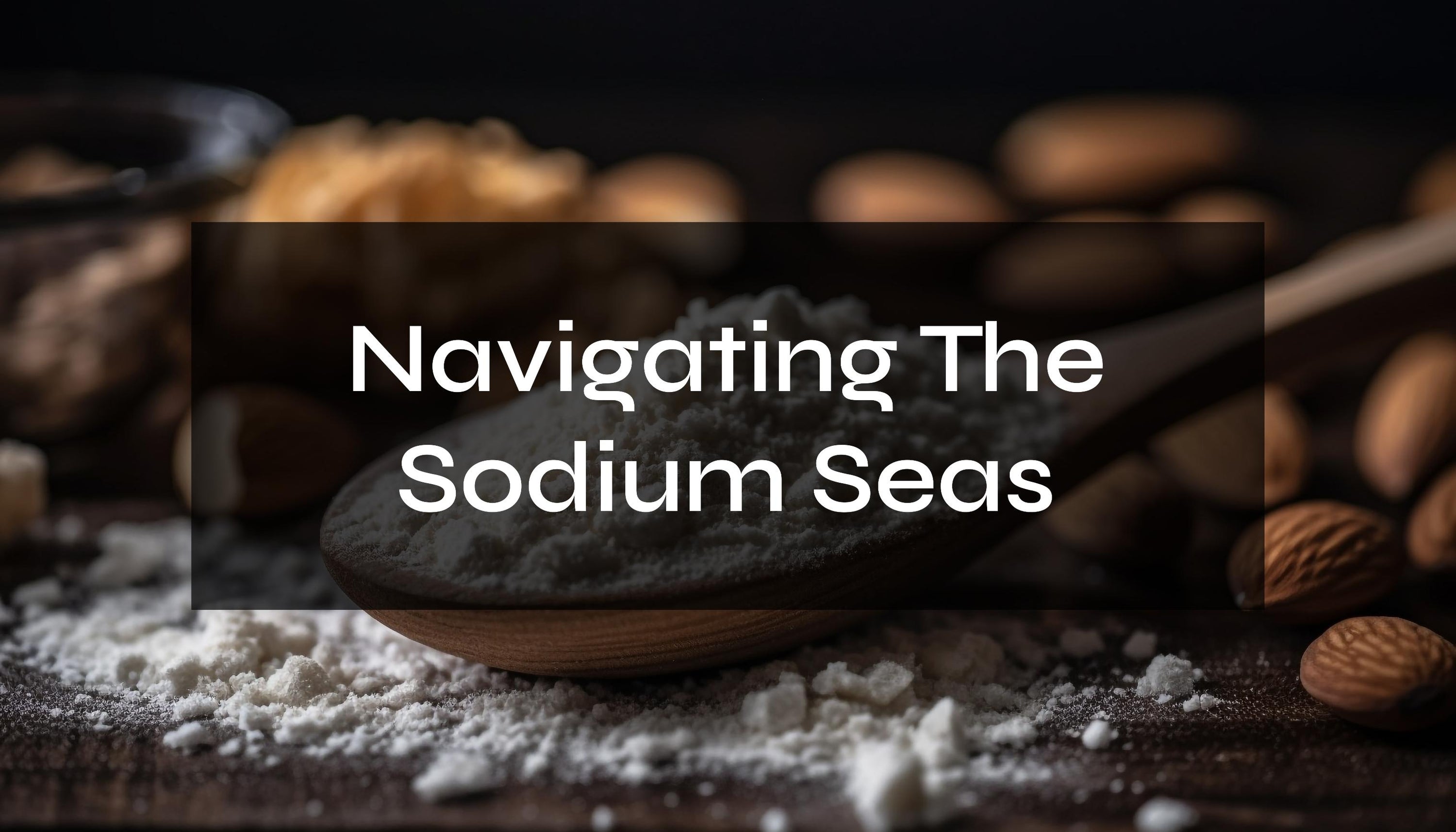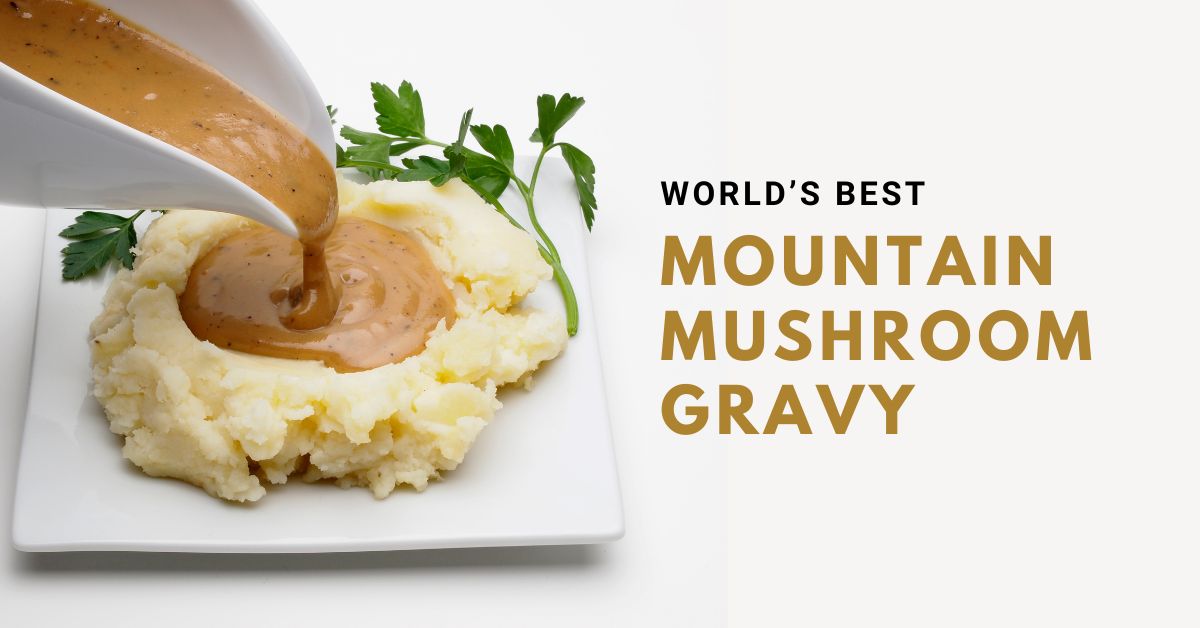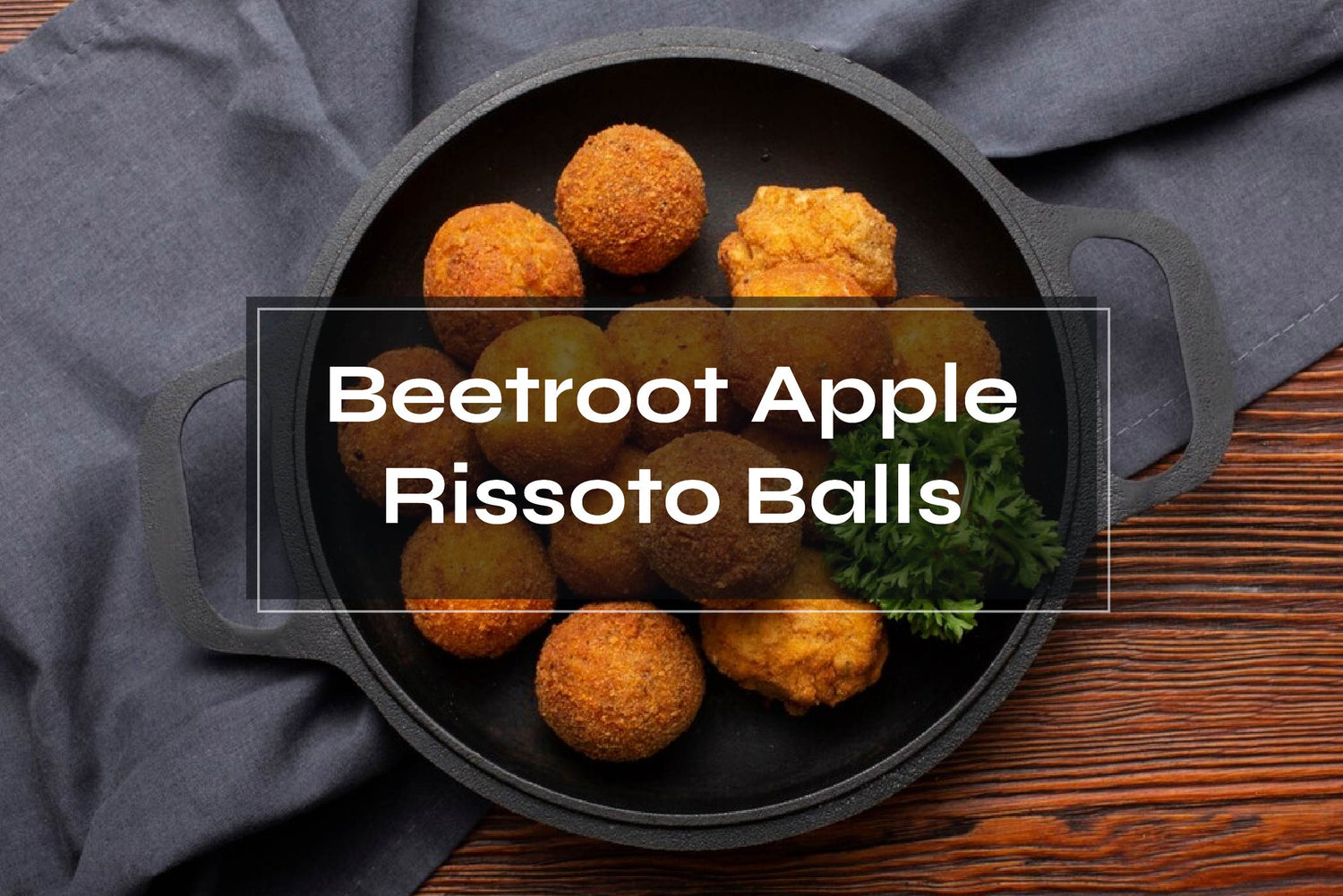
Navigating the Sodium Seas: A Deep Dive into Salt Intake
Article at a Glance
- The role of sodium in the body and how to cut it back without abandoning your favorite foods.
TABLE OF CONTENTS
Salt… is it really so bad?
Over the past decade, salt has taken on a notorious role, often being labeled as the enemy behind many health issues. The excess salt we consume frequently comes from processed foods like chips and pizza, further compounded by other processed ingredients in those products. Identifying the hidden salt content in these foods poses a significant challenge, and it's crucial to understand the acceptable levels of salt intake to maintain a healthy lifestyle.
The daily limit recommended by nutrition experts in the U.S. is 2,300 milligrams (mg) for individuals aged 14 and older, while the World Health Organization suggests a slightly lower limit of 2,000 mg per day. Most of the sodium we consume hides in prepared foods, putting many individuals worldwide at a higher risk of long-term illnesses such as high blood pressure, also known as hypertension.
Recent research from the American Heart Association indicates that Americans often surpass these recommended levels, with an average daily salt intake reaching a staggering 3400 mg. At these elevated levels, health becomes jeopardized, increasing the risk of heart disease and other serious health problems.
Understanding Sodium: A Culprit or Necessity?
Sodium, a mineral naturally found in foods like celery and milk, is often added to processed foods for flavor enhancement. Combined with chloride, it forms the common table salt we use.
The Role of Sodium in the Body:
Sodium plays a crucial role in maintaining the balance of fluids in the body and influencing the functioning of nerves and muscles. The kidneys regulate sodium levels, holding onto it when it's low and releasing it in urine when it's high. However, when the kidneys can't remove enough sodium, it accumulates in the blood, attracting water and increasing blood volume. This, in turn, forces the heart to work harder, increasing blood pressure as well as elevating the risk of heart disease, stroke, and kidney disease.
Sensitivity to Sodium: Not All Bodies React the Same
Some individuals retain sodium more easily, leading to increased fluid retention and higher blood pressure. In general, reducing sodium intake has been linked to lower blood pressure, potentially preventing severe problems like heart attacks and strokes.
How Much Salt is Too Much?
Determining the ideal sodium intake can be challenging, and consulting with a healthcare provider or dietitian is recommended. However, it's universally acknowledged that less sodium is better, especially for those sensitive to its effects.
Sodium Sources and Cutting Back:
Sodium often comes from processed or prepared foods. Even recipes and condiments may contribute to sodium intake. To cut back on sodium, consider the following:
1. Eat More Fresh Foods:
- Opt for fresh fruits and vegetables, naturally low in sodium.
- When buying processed foods, look for those labeled low sodium.
- Seek out plain, whole-grain rice and pastas instead of those with added seasonings.
- Restaurant foods are often high in sodium, so prioritize home-cooked meals where you control the added salt.
- A single restaurant meal may contain enough sodium to exceed your daily limit.
- Use fresh or dried herbs, spices, and citrus zest or juice to enhance flavor without sodium.
- Be cautious with condiments like soy sauce, salad dressings, and sauces.
Checking Labels: The Sodium Detective
Taste alone may not reveal the sodium content in foods. Reading food labels is crucial to understanding and managing sodium intake. Nutrition Fact labels list sodium content per serving and whether the product includes salt or sodium-containing ingredients. Be cautious with products containing more than 500 mg of sodium per serving (for example, all 18 Chestnuts soups are under 450 mg of sodium per serving, and our Mountain Mushroom soup is only 190 mg per serving).
Go Low and Take it Slow: A Gradual Approach
Reducing sodium doesn't mean abandoning your favorite foods. Embrace fresh, lower sodium ingredients and gradually transition to healthier alternatives. When grocery shopping, read labels and choose reduced- or low-sodium versions of prepared foods. If you strive to only eat low-sodium or sodium-free ingredients, the sodium that you will organically consume will be the perfect amount to maintain your cells.
18 Chestnuts Soups: Delicious AND Low in Sodium
In conclusion, as you embark on the journey of reducing your sodium and intake, consider the offerings at 18 Chestnuts. Our soups are hand-crafted with meticulous attention to nutritional balance, ensuring acceptable and appropriate levels of sodium for a healthy lifestyle. We prioritize fresh, whole ingredients to create delicious soups that contribute to your overall well-being.
Remember, the key to a healthier life lies in understanding and managing your diet. Take the reins, make informed choices, and savor the flavor of a heart-healthy journey.
Here at 18 Chestnuts, we take pride in crafting soups that not only tantalize your taste buds but also align with your health goals. Central to our culinary philosophy is the mindful management of sodium levels, ensuring that our soups remain within healthy thresholds.
We understand the concerns associated with excess sodium intake, and that's why our chefs meticulously balance flavors to create a symphony of taste without relying on excessive salt. By prioritizing fresh, whole ingredients like butternut squash, sweet potatoes, and vibrant vegetables, we harness the natural richness of each element, minimizing the need for additional salt.
Transparency is key in our commitment to your well-being. Our clean-label nutritional labels are easy to read and understand, empowering you to make informed choices for your dietary needs. Whether you're actively monitoring your sodium intake or simply seeking a flavorful and health-conscious meal option, our soups are designed to partner with your lifestyle.
Embark on a journey of savory wellness with 18 Chestnuts' soups—where flavor meets balance, and each spoonful contributes to your holistic health. Explore our soups, their nutritional profiles, and the delicious harmony we bring to your table. Here's to savoring health, one delightful bowl at a time!




